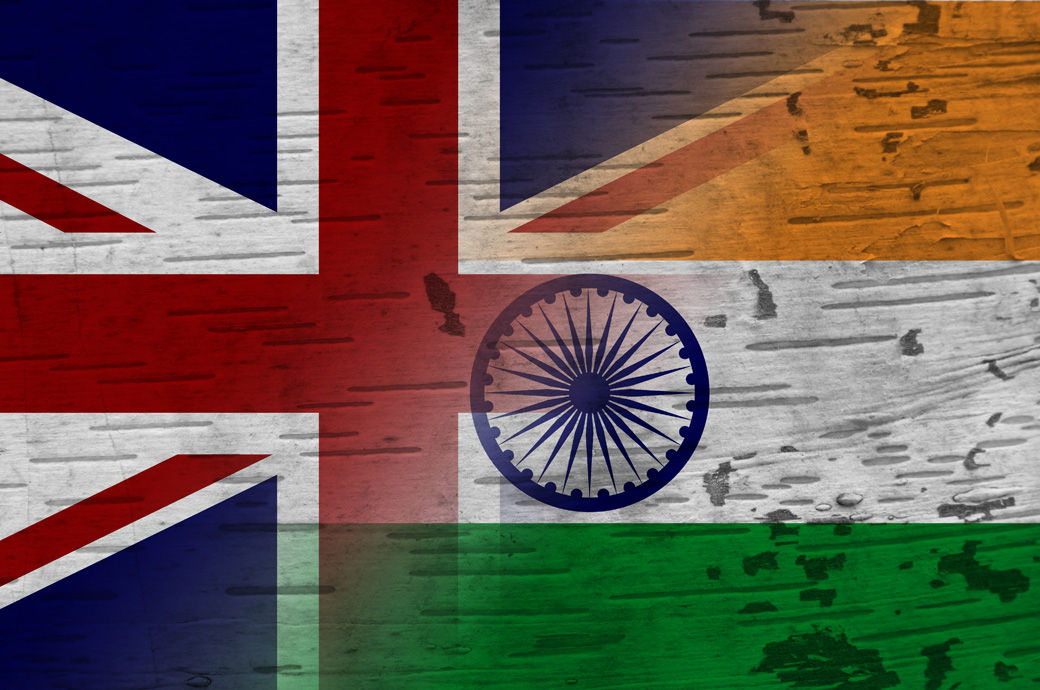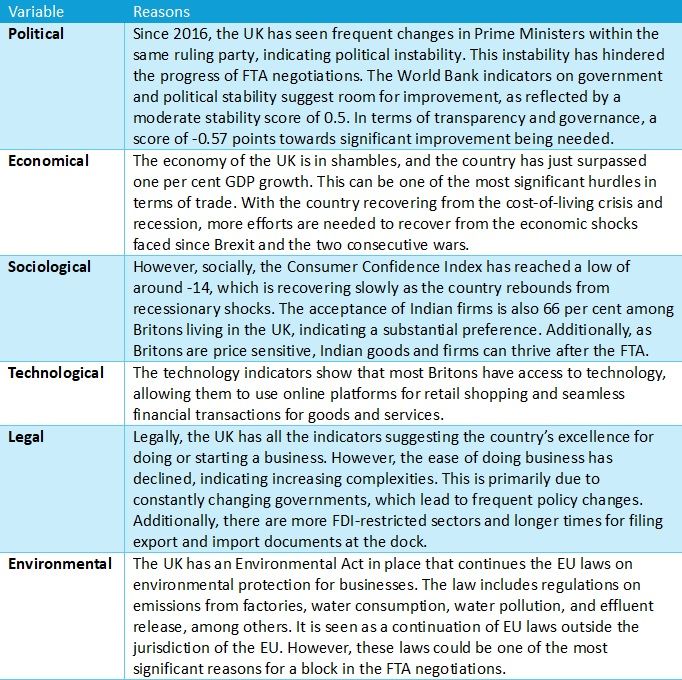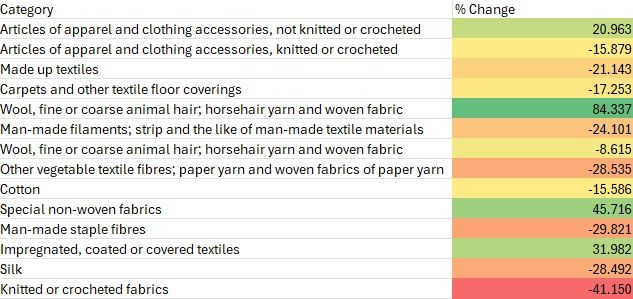
Labour party and the Indian government
Indian governments have had a hot and cold relationship with the Labour Party, which worsened under Jeremy Corbyn's leadership. However, with Prime Minister Starmer taking charge, there is renewed hope for the FTA to gain traction. Starmer has a more favourable mindset towards India, which gives optimism for a quick finalisation of the agreement.
Despite these hopes, relations remained strained due to a motion passed on the Kashmir issue, which India considers an internal matter. Under Starmer's leadership, the party has attempted to improve relations with the Indian diaspora in the UK. However, the party’s effectiveness will be tested in the process of negotiating the India-UK agreement, which has reached the 14th round of negotiations. These negotiations have stalled over issues such as the higher import of British Scotch in India and the provision of temporary visas to Indian service professionals. Therefore, the question remains: will the countries be able to overcome their differences and successfully sign an FTA?
PESTLE analysis of UK

Source: Statista, World Bank, PEW Research, client earth.org
Looking at the PESTLE analysis, the India-UK FTA may involve some complexities before being finalised. The country’s political stability is doubtful, as it has witnessed more than four changes in the government. This creates significant uncertainty about when the FTA can be finalised, given the varying relationships each government has had with India. Moreover, the UK’s economic situation adds to the challenges. The country has recently faced a cost-of-living crisis and recessionary pressures, creating an unfavourable atmosphere for FTA negotiations. Although India may have more complex taxation and legal procedures, the UK needs to achieve a stable political environment to start addressing the remaining issues.
By 2023, 26 policy areas had been finalised by both sides. However, unresolved issues could significantly hinder the progress of the negotiations. With the recent political shift in the UK, India must also consider the environmental laws strongly advocated by the Labour Party. The absence of stringent environmental laws could further impede the progress of the negotiations.
Environmental woes
Apart from this, India could face issues regarding climate negotiations as the UK Labour Party is strongly committed to becoming a net zero emitter by 2030. Therefore, India must focus on implementing significant climate reforms in the coming years. For example, India lacks a centralised Zero Liquid Discharge policy; only some states have such policies, and they are not strictly adhered to. India may need to ensure the swift implementation of environmental policies in sectors like textiles and steel, among other polluting industries where emissions are much higher.
Textile trade
The overall trade has improved significantly. India’s exports to the UK increased by around 19 per cent in 2023, a significant improvement compared to 2022. This indicates that the UK is recovering from recessionary pressures and that demand for consumer goods is rising. However, the textile trade has not improved as expected. India’s textile exports decreased by approximately 7 per cent in 2023.
India’s textile exports

Source: ITC Trade map
However, there was a more than 50 per cent increase in exports of specific goods within the category. India saw a significant boost in the exports of woven apparel, fabrics, non-woven fabrics, and other specialised textiles. Apart from these, all other categories experienced a decline in the range of 8 per cent to 41 per cent. India can increase trade in these other categories once the FTA is in action. With the FTA in place, India may succeed in textile exports, becoming competitive with countries like Bangladesh and Vietnam in terms of export costs.
What lies next
With the Labour Party taking charge of the country, there is hope for political stability in the UK. This increases the chances of completing the FTA. India is focusing on trade, social security, and visa access through the agreement, while the UK seeks market access to India for the majority of its goods. However, considering India's stance on the FTA deadline, it is unlikely that the FTA will be finalised by the end of this year. India, on the other hand, needs to work on its environmental policies. Nonetheless, with the prospect of increased political stability, the FTA may be finalised soon.
Fibre2Fashion News Desk (KL)